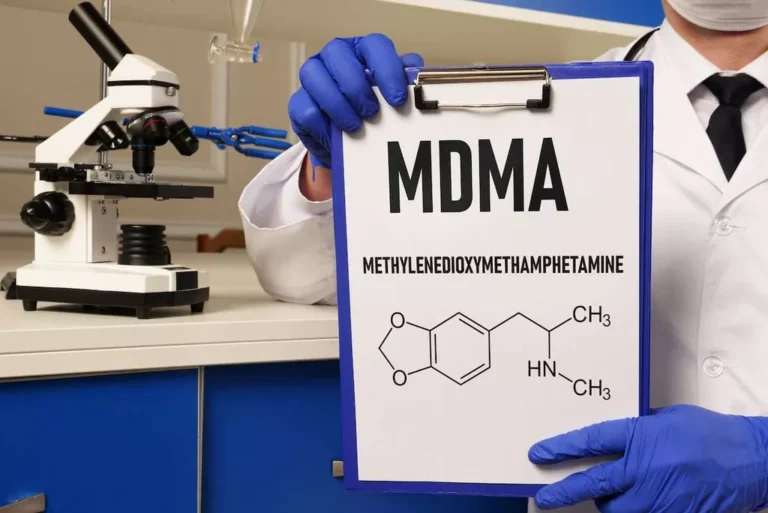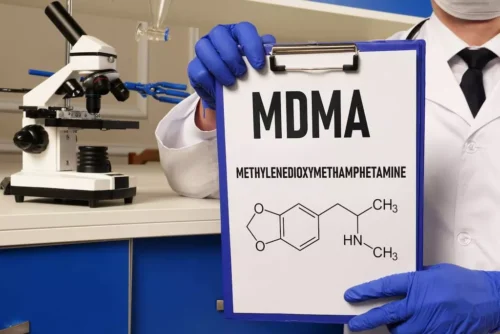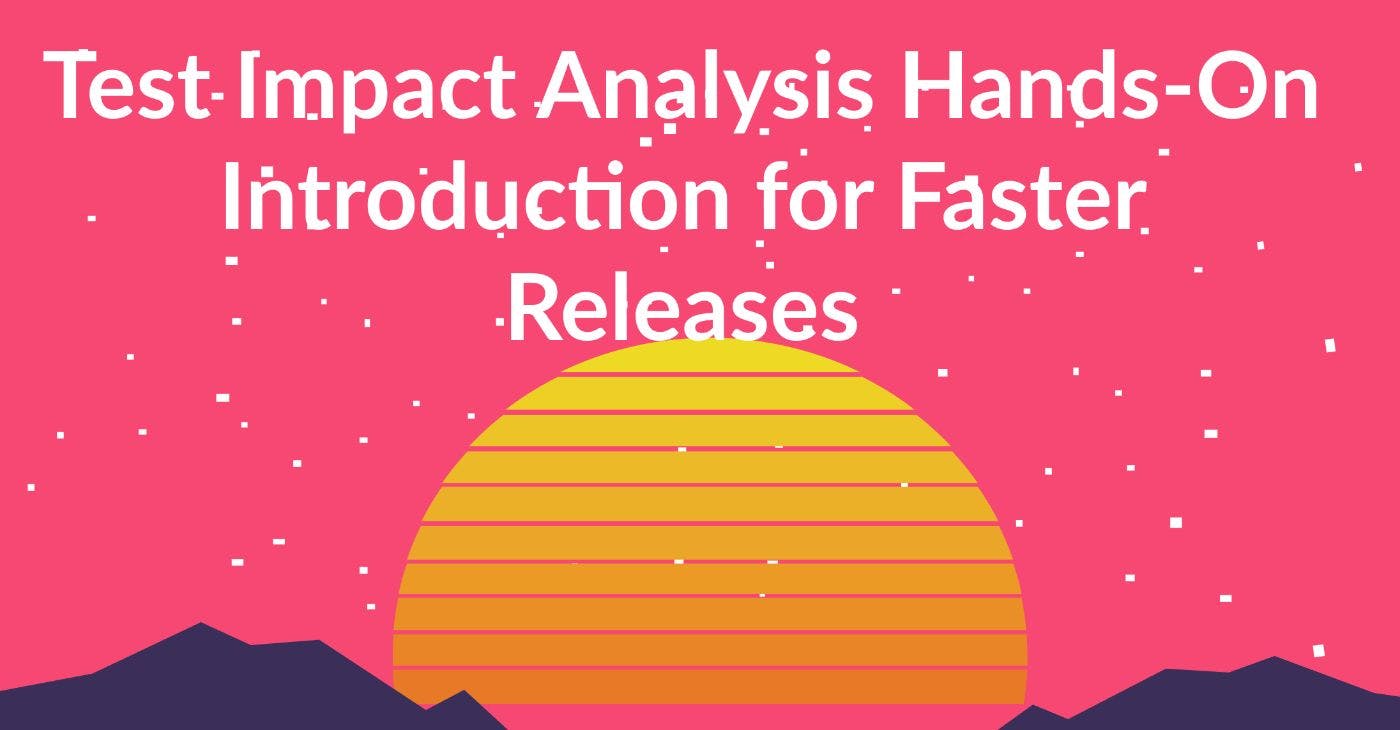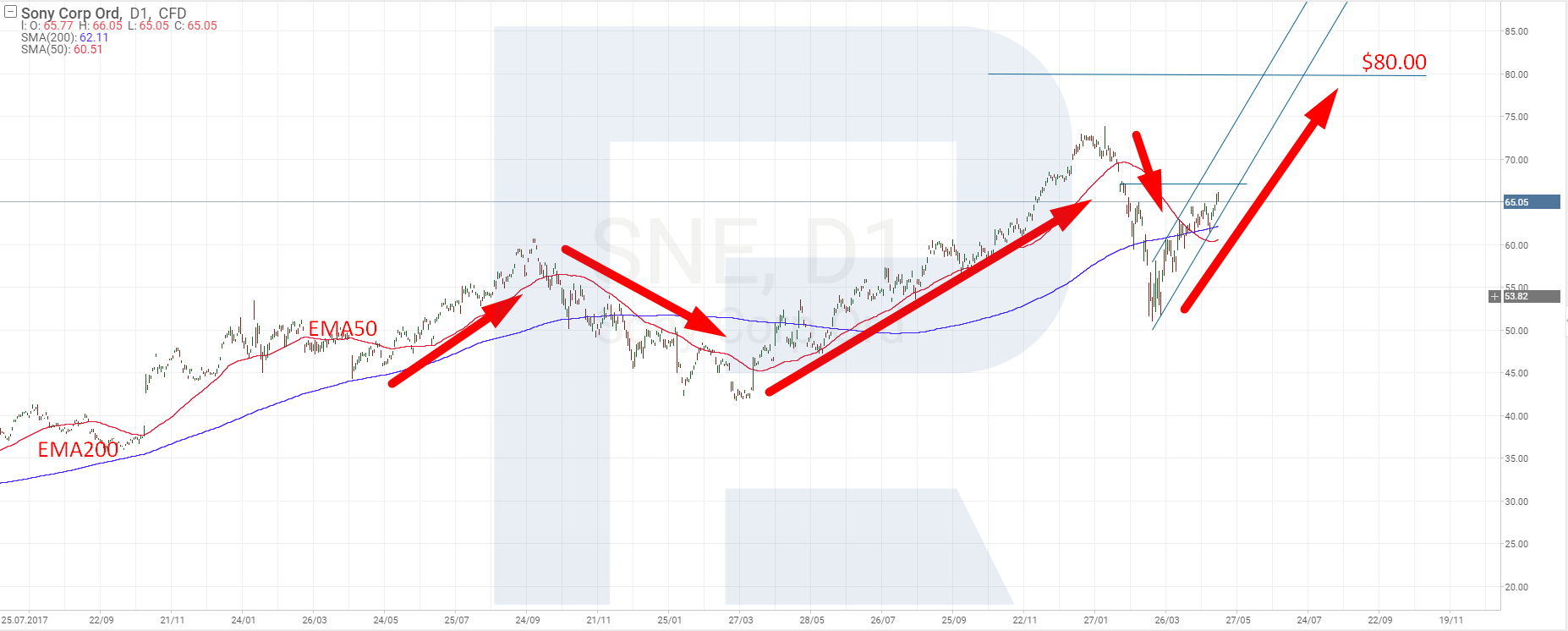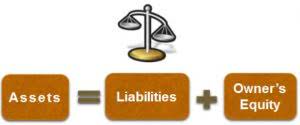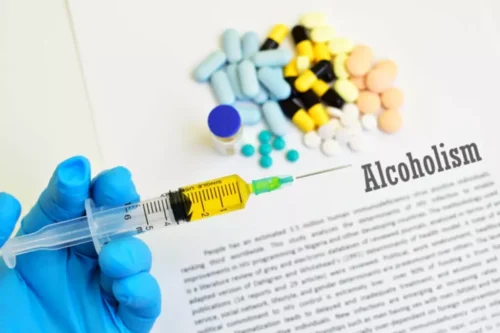
When you’re how long does alcohol stay in your system ready to quit or reduce the harm alcohol is causing to your health and life, there are many resources to help. Many people also turn to support groups like Alcoholics Anonymous (AA). These in-person or online groups can help you feel supported and less alone as you navigate recovery. The following table shows the length of time it takes for your body to eliminate alcohol at varying BAC levels. When alcohol enters your system, your body will begin to metabolise it. Metabolism is the body’s chemical process for breaking down a substance to be absorbed or used as energy.
How is alcohol metabolized?
- Some people of East Asian descent lack the enzymes necessary to break down alcohol.
- Withdrawal severity also depends on many factors, including the duration and intensity of prolonged alcohol use.
- The evaluation consists of 11 yes or no questions that are intended to be used as an informational tool to assess the severity and probability of an AUD.
- Food consumption, individual tolerance, and the type of alcoholic beverage consumed also influence how quickly you feel alcohol’s effects.
If you take care of yourself and avoid drinking too much alcohol, hangover symptoms will eventually decrease. The legal limit for BAC while driving is .08%, though some states enforce a zero-tolerance policy for drivers under 21. Driving with a BAC of .08% or more can result in serious penalties, including fines, jail time, license suspension, and more.
How Do You Know When You Are Drunk?
- Traces of alcohol can generally be detected in the body if it’s been consumed within a day.
- When you consume alcohol, the metabolising process is done primarily by your liver.
- Greece is able to grant residency within 60 days, making it one of the quickest golden visa schemes.
- Motorists are still uncertain about when they are legally allowed to drive after a night of drinking alcohol.
When transported to the brain, alcohol can impair messages being made there, affecting Halfway house your emotions, movement and senses. On average, it takes about one hour for the body to eliminate one standard drink. Individuals who have higher tolerances to alcohol, such as people with alcohol addiction, may eliminate alcohol more quickly. Urine tests can detect alcohol long after you’ve had your last drink by testing for traces of alcohol metabolites.
- The rate at that alcohol can stay in your system depends on various factors.
- Heavy drinkers can also experience more severe health consequences due to heavy drinking habits.
- A blood test is the preferred test during DUI arrests and in rehabilitation centers that treat individuals with alcohol use disorder.
- Everybody is different in how many drinks they need to reach a given BAC.
- The following is an estimated range of times, or detection windows, during which alcohol can be detected by various testing methods.
How is Alcohol Measured in the Body?

But the only way to keep alcohol from reaching the bladder is to keep alcohol from entering your bloodstream in the first place. If you have one glass of wine (5 fluid ounces), your liver will be able to metabolize it in about one hour. If you have two shots of vodka, one after the other, it will take two hours to get sober again. For example, one beer is 12 fluid ounces, and it contains 5% alcohol. One shot of rum, vodka or https://ecosoberhouse.com/ gin at 40% alcohol (80 proof) is considered one drink.

How Is Alcohol Metabolized?
This post explores the timeline of alcohol in your body and the factors influencing its metabolism. Depending on how much you drink, it can take 6 to 24 hours for your body to metabolize alcohol. A BAC of 0.10% means a concentration of one part alcohol for 1,000 parts of blood volume. Generally, BAC levels peak one hour after drinking and can remain elevated beyond 2 to 3 hours. Food consumption also affects how your body processes alcohol but not how long it takes for it to leave your system. Drinking on an empty stomach causes the alcohol to move quickly through your body, enhancing the effects of alcohol, including a hangover.
- On average, the body metabolizes about 0.015% BAC per hour (Blood Alcohol Content).
- If you have two shots of vodka, one after the other, it will take two hours to get sober again.
- This metabolization process helps keep the alcohol level in the blood, known as Blood Alcohol Concentration (BAC), in check.
- A BAC of 0.10% means a concentration of one part alcohol for 1,000 parts of blood volume.
- As a central nervous system depressant, alcohol impairs the communication of messages in your brain, altering your perceptions, emotions, movement, and senses.
- At a bar, drinks are generally standardized to easily keep track of how much alcohol you’ve had.
Medical student has rare hand transplant – to help her become a doctor

You could even be over the legal alcohol limit to drive the next day. To understand how long alcohol stays in your system, it is crucial to know its metabolism process. When you consume alcohol, it is rapidly absorbed from the stomach and small intestine into the bloodstream.
About Medical News Today

The liver, the primary site for alcohol metabolism, processes most of the alcohol you consume. An enzyme called alcohol dehydrogenase (ADH) converts alcohol into acetaldehyde, a toxic compound that is further metabolized into acetate, a less harmful substance. It is important to note that while the liver is the primary organ responsible for metabolizing alcohol, it can only process a limited amount of alcohol at a time.




